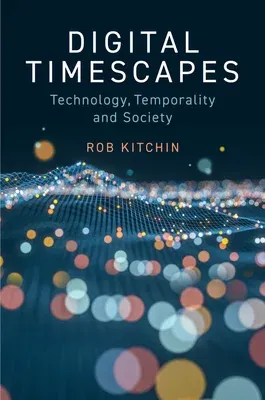Digital technologies are having a profound effect on the temporalities
of individuals, households and organisations. We now expect to be able
to instantly source a vast array of information at any time and from
anywhere, as well as buy goods with the click of a button and have them
delivered within hours, while time management apps and locative media
have altered how everyday scheduling and mobility unfolds.
Digital Timescapes makes the case that we have transitioned to an era
where the production and experience of time is qualitatively different
to the pre-digital era. Rob Kitchin provides a synoptic account of this
transition, charting how digital technologies, in a wide range of
manifestations, are reconfiguring everyday temporalities. Attention is
focused on the temporalities associated with six sets of everyday
practices: history and memory; politics and policy; governance and
governmentality; mobility and logistics; planning and development; and
work and labour. Critically, how to challenge and reorder digitally
mediated temporal power is examined through the development of an ethics
of temporal care and temporal justice.
Conceptually and empirically rich, Digital Timescapes is an essential
guide to our new temporal regime. It will be of interest to students and
scholars of Media Studies, Science and Technology Studies, Sociology,
Anthropology, Human Geography, and History and Memory Studies, as well
as those who are interested in how digital technologies are transforming
society.

